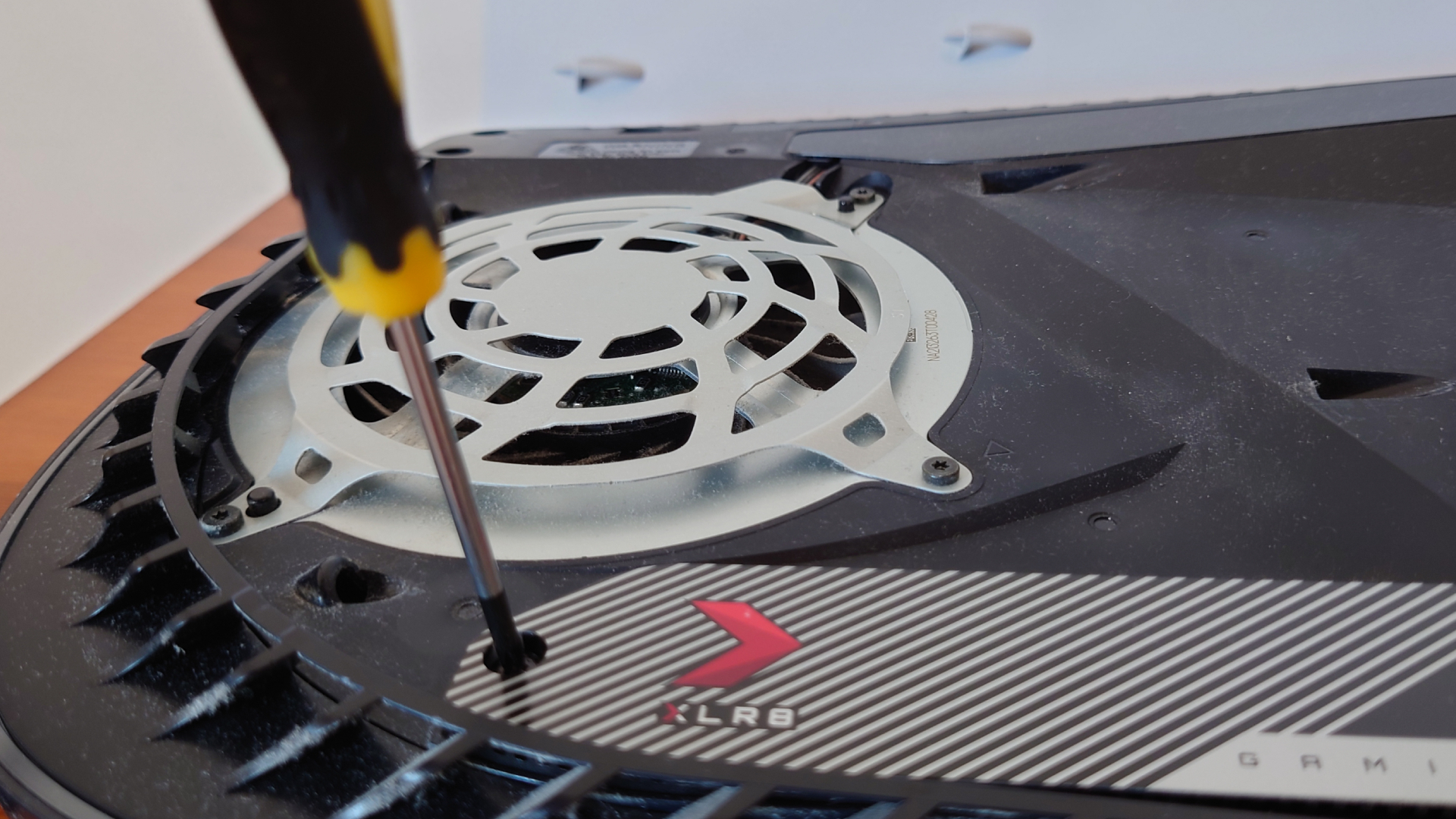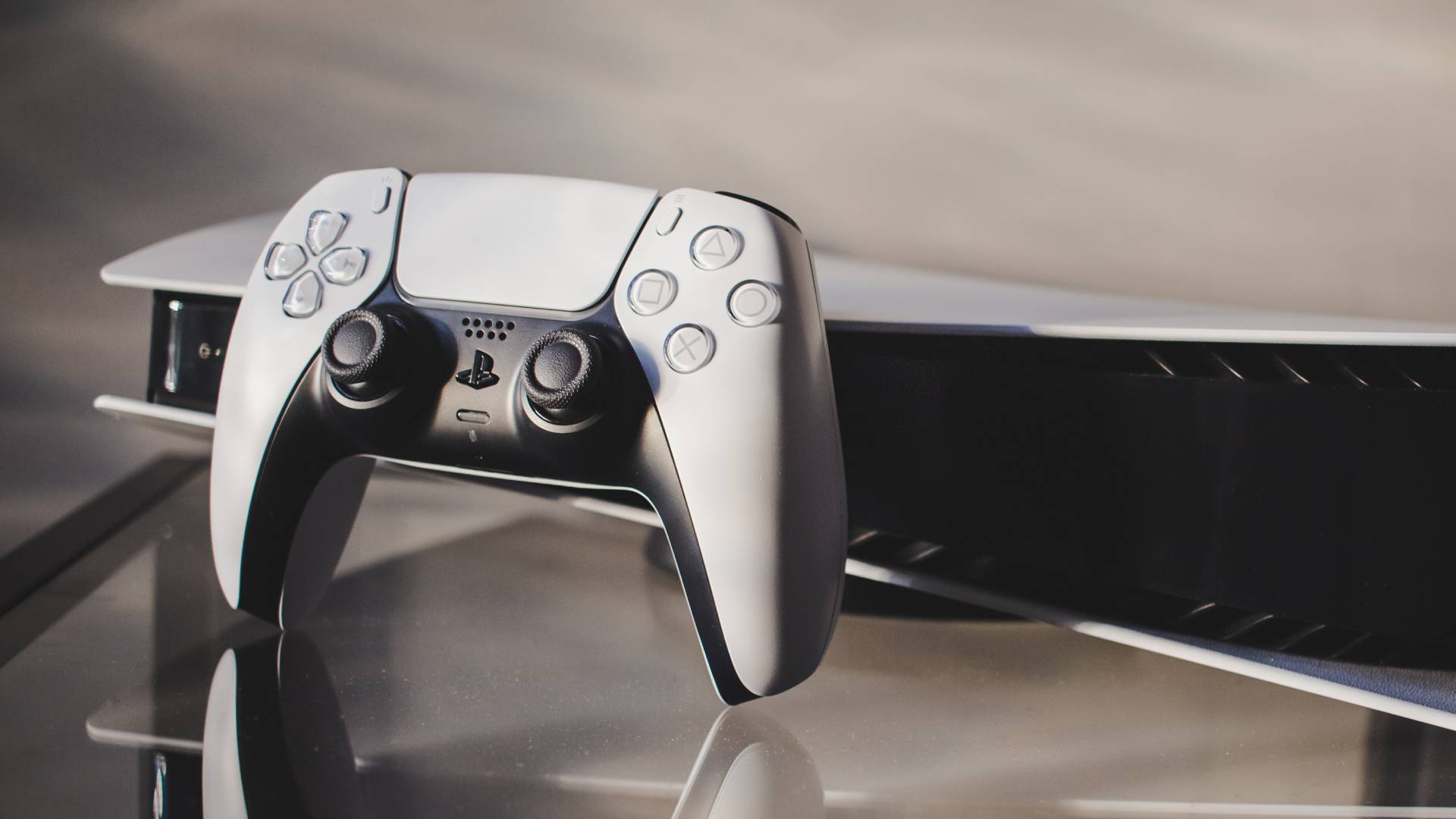The PS5 Pro could rival gaming PCs – if it uses Gen 5 SSDs
Serious storage speeds

Sign up for breaking news, reviews, opinion, top tech deals, and more.
You are now subscribed
Your newsletter sign-up was successful
Now that Sony’s latest console has been available for two years, some are turning their attention towards the potential of a PS5 Pro. A revised edition of the console could bring with it more horsepower to ensure that the system is able to keep up with more demanding titles, but the most important change it could bring would be the adoption of Gen 5.0 NVme SSDs.
If you’re familiar with SSDs for PS5 then you will know that they are currently NVMe Gen 4.0 and match that of the internal drive found within the PS5 itself. Even at the end of 2022, these drives are still incredibly capable and have yet to be replaced wholesale by the emerging Gen 5 SSDs that should be more common in 2023 and beyond. That’s what makes the possibility of PS5 Pro so exciting.
With the current standard of Gen 4.0, you’re looking at maximum sequential read speeds of up to 8,000 MB/s, with many top-performing models, such as Samsung 990 Pro and Corsair MP600 Pro LPX, coming close to that performance cap. In terms of real-world use inside the console, you will notice near-non-existent loading times depending on how the PS5 games are optimized to take advantage of it.
But as great as these drives are for the PS5 console as it stands, there will come a point where games on PC could load faster. That’s due to the fact that PC components move much faster than what’s available from a more standardized console experience – which only really changes two or three times maximum throughout their lifespan. Sony could effectively futureproof the capabilities of its console by allowing access to much faster storage on the system by implementing a Gen 5 SSD in a future upgrade.

How much faster are NVMe Gen 5 SSDs?
Based on the cap of what’s possible from NVMe 2.0 port Gen 5 SSDs, the latest storage technology will be able to reach sequential speeds of up to 13,000 MB/s. That’s roughly 60% faster than Gen 4 which is some seriously quick rates. While it’s unlikely that many Gen 5 models will scrape the ceiling here, based on factors such as DRAM or DRAM-less and specified controllers, as the hardware ages, we should see more getting close to the bleeding edge over time.
The secret weapon of the PS5 Pro could be its adoption of Gen 5 SSDs as it would mean games would load even faster than they are at present. This would also mean considerably quicker transfer times for large game transfers from the internal storage to an internal drive, too. What’s more, because NVMe 2.0 port Gen 5 SSDs are backward compatible with Gen 4, you can still keep any existing drives around until you’re ready to upgrade.
In contrast, the Xbox Series X utilizes the low-level API DirectStorage to deliver reduced loading times by compressing the VRAM available in the GPU, reducing the time it takes to get into gameplay. This is a feature that finally came to gaming PCs earlier in 2022, though support hasn’t been widespread just yet.
Gen 5 SSDs are seriously fast, make no mistake. Should the PS5 Pro use them then we will see faster loading times and grander-looking games due to being able to real-time render Ultra HD textures at a faster pace. Time will tell whether this is the case, but should Sony want to prolong the life of its latest games console, adopting the new storage standard would be beneficial across the board.
Sign up for breaking news, reviews, opinion, top tech deals, and more.

What other improvements could the PS5 Pro bring?
Judging off of the existing PS5 hardware, which is built upon a custom-tuned AMD RDNA 2 GPU named Oberon, the next big jump for Sony to make would be to utilize RDNA 3 microarchitecture which officially launched in December 2022. The current graphics processor inside the console is backed up by 16GB GDDR6 VRAM and a 256-bit memory bus. While the size of the bus width is unlikely to change due to the form factor, we could see an upgrade to the faster GDDR6X memory with the implementation of current-generation computing tech here.
We are not expecting the PS5 Pro to be a massive sweeping upgrade over the original, much as was the case with the jump between PS4 and PS4 Pro before it, the upgrade is sure to be welcome for those wanting the bleeding edge. Will it be the definitive version of the console? Well, we’ll have to wait for a price and specs reveal when that eventually happens, which is unlikely to be in 2023.

Formerly TechRadar Gaming's Hardware Editor, Aleksha McLoughlin is now a freelance writer and editor specializing in computing tech, video games, and E-commerce. As well as her many contributions to this site, you'll also find her work available on sister sites such as PC Gamer, GamesRadar, and Android Central. Additionally, more of her bylines can be found on Trusted Reviews, Dexerto, Expert Reviews, Techopedia, PC Guide, VideoGamer, and more.